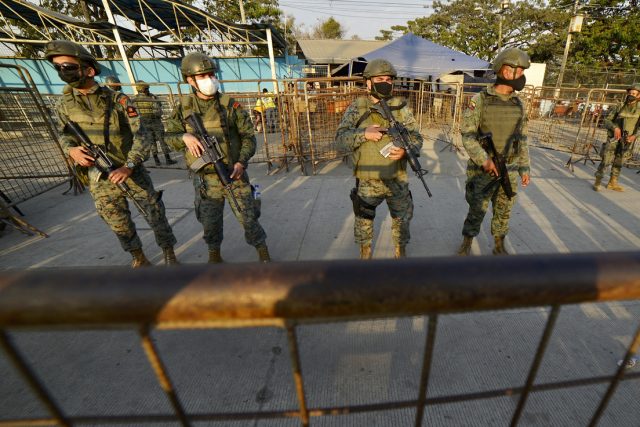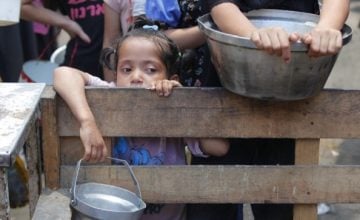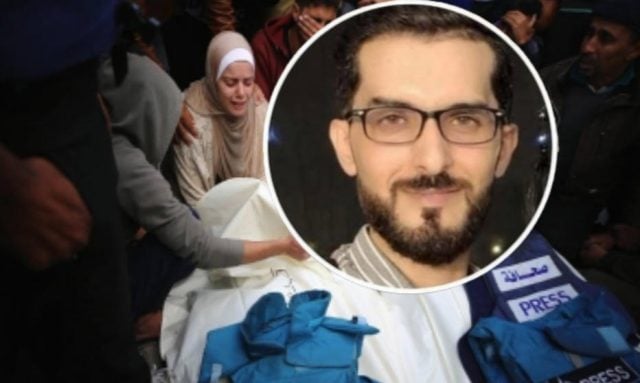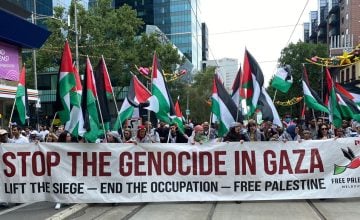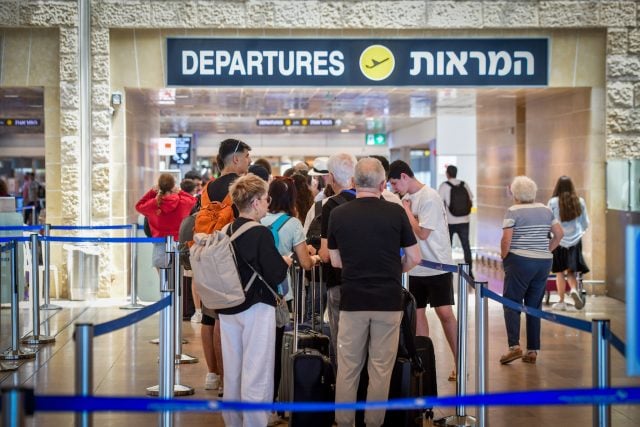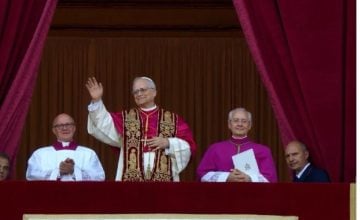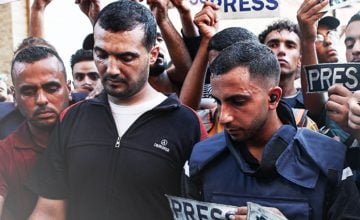The president of Ecuador, Guillermo Lasso, decreed this Monday the State of Exception as a governmental response to the serious context of violence that the Latin American country is going through. This measure has shocked the public opinion a few months after the current government began.
In this way, the security forces will be more widely deployed and will also enjoy official support to respond legally for their actions against criminals and the civilian population. The «State of Exception, due to serious internal commotion» will last 60 days throughout the national territory. In his announcement, Lasso pointed out that the uniformed officials will be able to carry out weapons controls, inspections, patrols 24 hours a day and drug requisitions, among other actions.
In more detail, the Executive Decree indicates that the Armed Forces will mobilize to the provinces of El Oro, Guayas, Santa Elena, Manabí, Los Ríos, Esmeraldas, Santo Domingo de los Tsáchilas, Pichincha and Sucumbíos. The tasks, in those jurisdictions, will be carried out in coordination with the National Police, explains a report by Leandro Lutzky for RT
In the rest of the provinces, the General Police Command «will coordinate actions with public entities in the territory to reinforce surveillance and crime prevention», says Article 2. In addition, if deemed necessary, while the State of Emergency lasts, another decree may be issued to transfer the Armed Forces to other jurisdictions.
It is also clarified that the aforementioned actions can only be carried out while this decree lasts, «as an exceptional and temporary response to the criminal acts on which it is based». And it mentions the obligation to «adhere strictly to due process» when officers detain possible criminals: «They must comply with the standards of exceptionality, necessity, proportionality and humanity, as well as the rules of the progressive use of force», it reads.
Likewise, the Executive will create the Legal Defense Unit of the Public Force, to support the troops who must face charges in the Justice system for their actions. In fact, Lasso demonstrated his support for the security forces and gave a ‘free hand’ message for them to act without worrying about possible legal consequences: “Act with the courage that characterizes you because this Government will pardon all those who have been unjustly condemned for having done their job», he said.
The Presidency also announced the creation of an Inter-institutional Committee to prevent addictions and «reintegrate consumers into society», linking the rates of violence with the drug boom that Ecuador is living at the present time. Likewise, the bill for the Legal Defense of the Public Force will be sent to the Legislative Power, to protect the agents against criminal actions.
In its last point, the decree establishes to notify the security measures to the National Assembly, the Constitutional Court, the United Nations (UN) and the Organization of American States (OAS).
«We must end the violence in Ecuador»
The measure comes in a context where crimes occupy attention in Ecuador. And the news of violence transcended borders. In fact, the worst riot in the history of the country, which ended with 118 prisoners killed in a Guayas prison at the end of September, is added a recent case that shocked society: on Sunday there was a shooting during the assault on a restaurant in Guayaquil, and an 11-year-old boy died. It was the straw that broke the camel’s back.
«We must end the violence that took the life of Sebastián Javier and before, other Ecuadorians», said the president. «Nothing can repair this terrible loss, but we must all gather strength (from this terrible loss)», he added.
Beyond the cases that have shocked Ecuadorian society, the Government argued its measure with official statistics, which appear in the decree itself. And according to State counts, the number of homicides has increased exponentially in recent years: 972 (2017), 994 (2018), 1,188 (2019), 1,372 (2020), and 1,885 (2021). If measured per 100,000 inhabitants, this year the index jumped from 7.84 to 10.62.
For the Lasso administration, this «shows a correlation with the amount of drug seized». Data from the National Police say that between 2020 and 2021 the drug seized increased from 128 tons to 147, on a par with the growth of murders. However, this is relative: between 2017, 2018 and 2019, the number of narcotics seized fell (130 tons, 97 and 82, respectively), but the homicide rate also continued to rise. Meanwhile, the government begins its ‘battle against drugs’, and deploys the military in the streets.
Protests and scandals in Ecuador
This determination appears in the midst of a convulsed social and political scenario, not to mention that several conservative voices try to install the idea of authorizing the general population to carry arms to defend itself.
In the first place, on Monday there were demonstrations and roadblocks in four provinces: Guayas, Los Ríos, Manabí and Carchi. The measure of force was carried out by the National Agricultural Front for Food Sovereignty of Ecuador (FENASAE), in protest at the rise in fuel prices, and the National Union of Educators (UNE) and the Popular Front also joined the protest.
In addition, the journalistic revelation of the Pandora Papers continues to splatter the president, who appears on the list of world leaders who would have gone to companies ‘off shore’ to hide their fortunes. In fact, the Constitutional Guarantees Commission of the National Assembly has just ratified that it will call the president’s relatives to testify, while its investigation progresses. On his part, Lasso has already expressed that his companies had been dissolved in 2017, following a law promoted by the Correísmo that prohibited presidential candidates from having companies in tax havens.
Reactions and Criticism
After the State of Exception was announced, the Ombudsman’s Office issued a statement demanding that the security forces be responsible when exercising their functions. In fact, he stressed that the death of the aforementioned minor was caused by a shooting where the Police also participated. And he urged the security forces: «Ensure that your actions, being professionals, are careful and responsible, prevent the fight against crime from becoming a risk situation for citizens».
For his part, former President Rafael Correa called these policies a «marketing» campaign, highlighting that legal advice for uniformed men already existed. For the representative of the Confederation of Indigenous Nationalities of Ecuador (CONAIE), Leonidas Iza, the measure would seek to «combat (social) mobilizations, more than a fight against crime», he said in a radio interview.
With this climate of violence and controversy, it remains to be seen whether the use of the Armed Forces for internal conflicts increases security, or generates the opposite effect.
